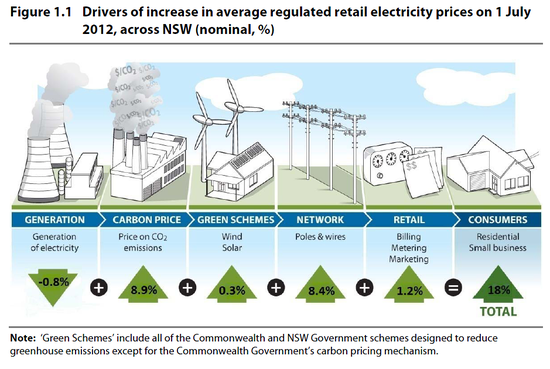The Nub of the Houston Report
 MCJ Posted on
MCJ Posted on  Tuesday, August 14, 2012 at 12:50
Tuesday, August 14, 2012 at 12:50
Updated on Tuesday, August 14, 2012 at 19:51 by
 MCJ
MCJ
Updated on Tuesday, August 14, 2012 at 20:46 by
 MCJ
MCJ
Updated on Sunday, August 19, 2012 at 13:57 by
 MCJ
MCJ
I’m far from an expert on asylum seekers, and am still trying to wrap my head around all the stuff in the Report of the Expert Panel on Asylum Seekers (the ‘Houston Report’). Here’s the nub of the matter, though, as far as I understand it – this is essentially thinking out loud, so please do correct me if I’m wrong.
Problem: Asylum seekers are risking, and losing their lives coming to Australia by boat – as ‘irregular maritime arrivals (IMAs) – rather than waiting to be processed in transition countries.
Cause: Asylum seekers believe (rightly?) that they and their family members will be accepted as refugees in Australia more quickly than if they went through the ‘proper’ channels.
Proposed solution: IMAs should not get any advantages over asylum seekers coming to Australia through approved channels, so they will instead be taken and processed somewhere else, with no chance of arriving in Australia more rapidly than if they’d used the proper channels
 Australia,
Australia,  Houston Report,
Houston Report,  asylum seekers,
asylum seekers,  policy
policy 

